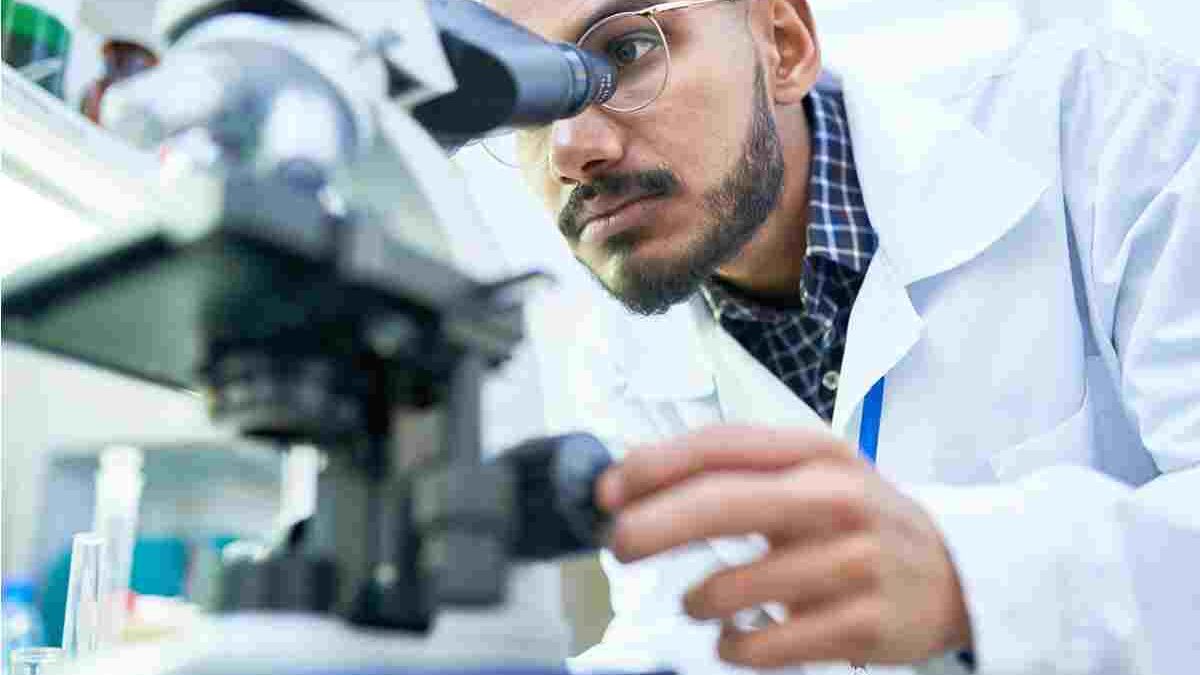The pursuit of a career in medical laboratory science is both challenging and rewarding. Medical lab scientists are vital to the healthcare industry, playing a pivotal role in disease diagnosis, treatment, and research. Understanding the intricate procedures and responsibilities associated with this profession is the first step on an aspiring scientist’s journey. In this article, we will explore the various facets that encompass the making of a medical lab scientist, from education to career growth. Keep reading to unravel the path that leads to this intriguing and impactful career.
Table of Contents
Understanding the Role of a Medical Lab Scientist
Medical lab scientists, also known as clinical laboratory scientists, operate behind the scenes of the medical field, conducting critical tests that inform patient care. They analyze bodily fluids, tissues, and cells, searching for microorganisms, chemical content, cellular anomalies, and more. Their meticulous work helps doctors make accurate diagnoses and choose the best treatment courses.
Medial lab scientists also engage in complex tasks such as blood typing for transfusions, or monitoring chronic disease markers. This requires a comprehensive understanding of pathology, pharmacology, and the principles of various medical tests. Their role is essential to ensure patient safety through the accurate reporting of test results.
Quality control and management are integral aspects of this profession. Lab scientists are tasked with maintaining the integrity of their work environment and ensuring that all practices meet the stringent guidelines and regulations of the healthcare industry. This responsibility underscores the importance of precise and systematic work ethics.
Educational Pathways for Aspiring Medical Lab Scientists
To become a medical lab scientist, an individual must typically obtain a bachelor’s degree in medical laboratory science or a related field. Throughout their education, students gain foundational knowledge in biology, chemistry, immunology, and microbiology. These subjects are crucial for understanding the complex processes they will encounter in the lab.
Hands-on experience is a significant component of a medical lab science program. Through clinical rotations or lab internships, students apply theoretical knowledge to real-world scenarios, gaining practical skills and insights. This practical exposure helps shape adept scientists who are ready to tackle the challenges of the laboratory environment.
More ambitious professionals may pursue a master medical laboratory science degree to deepen their expertise and elevate their career potential. A master’s program often focuses on leadership, advanced technical skills, and research, preparing graduates for managerial roles or specialized positions in the field.
If you’re interested in finding the right career, you can find the best college counselors. College counselors can assist with the admission process.
Certification and Licensing Requirements for Lab Professionals
Certification is a critical step to validate a medical lab scientist’s expertise and competencies. Most employers require national certification, which entails passing a comprehensive examination offered by recognized certifying bodies. This external validation attests to a professional’s proficiency and adherence to industry standards.
Many states in the U.S. also mandate licensure for medical lab scientists. Each state’s requirements may vary, but they usually include completing an accredited education program and obtaining certification. Prospective scientists should investigate the specific prerequisites of the state where they intend to practice.
Continuous education and recertification are key components of a lab scientist’s professional journey. As medical technology advances and new testing methods emerge, scientists must keep abreast of these changes. Ongoing education ensures that professionals maintain their competency and certification status throughout their careers.
Navigating the Job Market and Career Advancement Opportunities
The job market for medical lab scientists is robust due to an ever-increasing demand for skilled professionals to support healthcare diagnostics. Graduates often find ample opportunities in various healthcare settings, including hospitals, research facilities, and diagnostic laboratories. These institutions value the unique skill set that qualified medical lab scientists possess.
Networking and professional affiliations also play a significant role in advancing a lab scientist’s career. Building connections within the industry can provide insight into emerging trends and job openings, and affiliating with professional organizations may offer resources for improvement and growth.
As medical lab scientists gain experience, they may progress into managerial or supervisory roles. Others may specialize in areas such as molecular diagnostics or become consultants. Another avenue for experienced scientists is contributing to research and developing new methodologies in laboratory science.
Overall, embarking on a career as a medical lab scientist is an invitation to a lifelong journey of learning and professional development. It is a field marked by its critical role in healthcare, complex challenges, and diverse opportunities for growth. Those who heed the call to this vocation contribute to a quiet but vital pillar of patient care and medical advancement.

